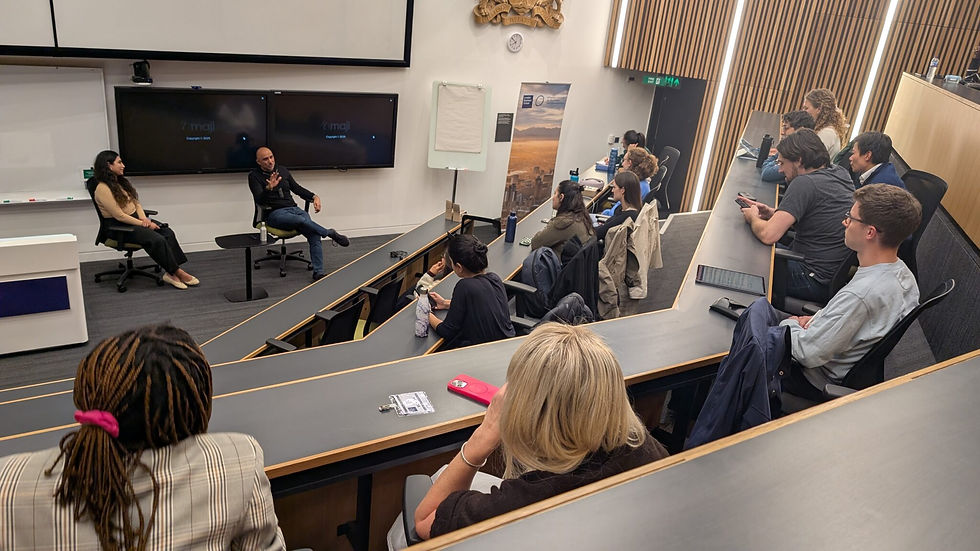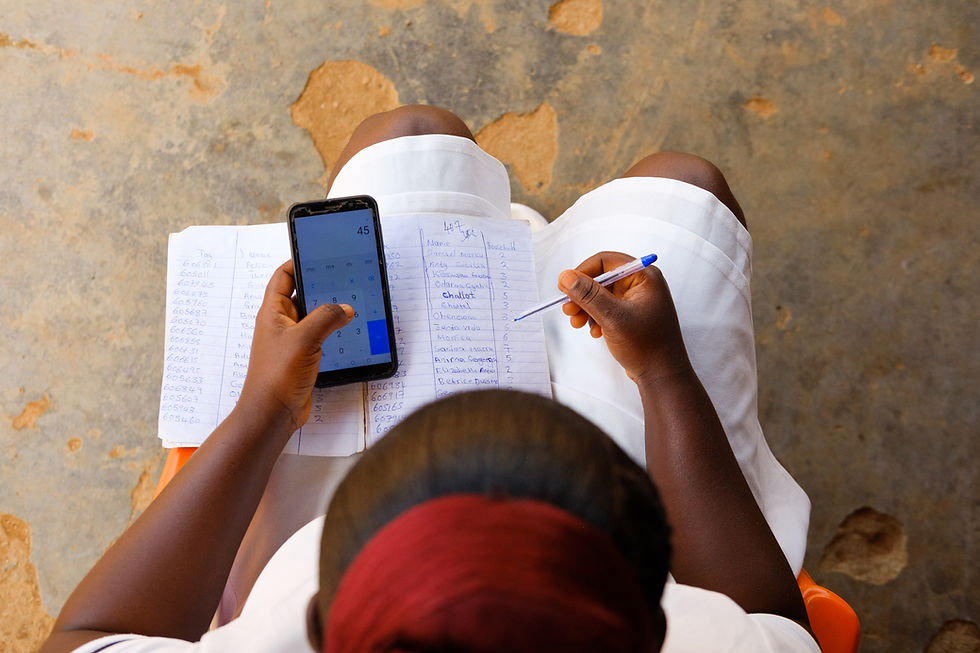Storytelling for NGOs: how we build support for our mission
- projectmaji
- Nov 28, 2025
- 3 min read
NGOs and impact organisations, operating outside the usual modalities of the corporate world, are typically not selling a product. If the aim is not brand recognition, market share, or profit, what are we marketing? Is it worth dedicating a portion of our limited budget and resources to events, content, and social media? Project Maji’s answer, based on our first-hand experience as a 10-year-old social enterprise, is yes. Marketing in the NGO space boils down to storytelling; sharing our mission with the widest possible audience, highlighting moments that make unfamiliar issues feel human and urgent, and showing up in the spaces where supporters, partners, and policymakers already pay attention.

Film as the cornerstone of our storytelling
Our newly completed documentary has become the heart of our storytelling. It offers a heartfelt look at the communities we serve and the realities of water poverty, told through the voices of those directly impacted.
Screenings in London, Geneva, and Kenya have sparked conversations, partnerships, and new supporters who might never have encountered our work otherwise. Beyond inspiring donations, the film opens the door to deeper discussions about how we operate, our priorities, and our team.
We were thrilled that our documentary was nominated for an award at the Big Syn International Film Festival, the world's largest sustainability film festival. Recognition like this strengthens our mission and validates the power of authentic storytelling.
Watch our documentary here.

Community content that travels
Every visit to our sites reminds us why we do this work. We have the privilege of witnessing someone fill up their jerry can or bucket at a Project Maji kiosk. Since most of our supporters cannot see this firsthand, we capture these moments through interviews, photos, and short clips, and share them on LinkedIn, Instagram, and our newsletter. By pairing community voices with transparent data, we let the impact speak for itself, ethically and respectfully.
We are committed to ethical storytelling and obtain informed consent from our community members before sharing their information publicly. Additionally, we ensure presence of a guardian before speaking to minors. Our stories are paired with data and never sensationalised. Work that seeks to achieve a fundamental human right should do so while respecting human dignity.
Thought leadership and events
Our CEO and Founder, Sunil Lalvani, was also invited to be a part of the Impact Majlis held in Dubai this month. There, he met with a mixture of funders, family offices, and practitioners. Last month, our leadership headed to Stockholm for World Water Week. The more we are able to share with diverse groups of people, the more feedback and new ideas we receive, which helps us learn and grow as a social enterprise. The connections we make at these events, some of which lead to new partnerships or funding, are actionable outcomes we can and do pursue.
Just this past month, Sunil was invited to the London Business School, where he screened our documentary for their Social Impact Club, and did a Q&A session. You can read more about the event here. Given the audience, the focus was on the intersection of impact work and enterprise, which differed from previous screenings which different audiences who pick up on other components of our story. Donors are often curious about the financial sustainability, while WASH practitioners take interest in our systems, and others connect more strongly with the human element.

Conclusion
Storytelling is not a luxury for NGOs, it is a lifeline. It turns missions into movements, ideas into action, and empathy into impact. Through our film, community stories, and thought leadership, we have seen how authentic narratives build trust and drive change.
We will continue to invest in strong narratives that respect dignity and highlight impact. If this resonates, we invite you to take part. Watch our documentary or get in touch with us. Subscribe to our newsletter and follow our channels. Share our story with your network. In the same way that providing access to clean water has a ripple effect with a myriad of other positive outcomes, storytelling ripples out from Project Maji and reaches new people. The more people we reach, the more people we serve.



